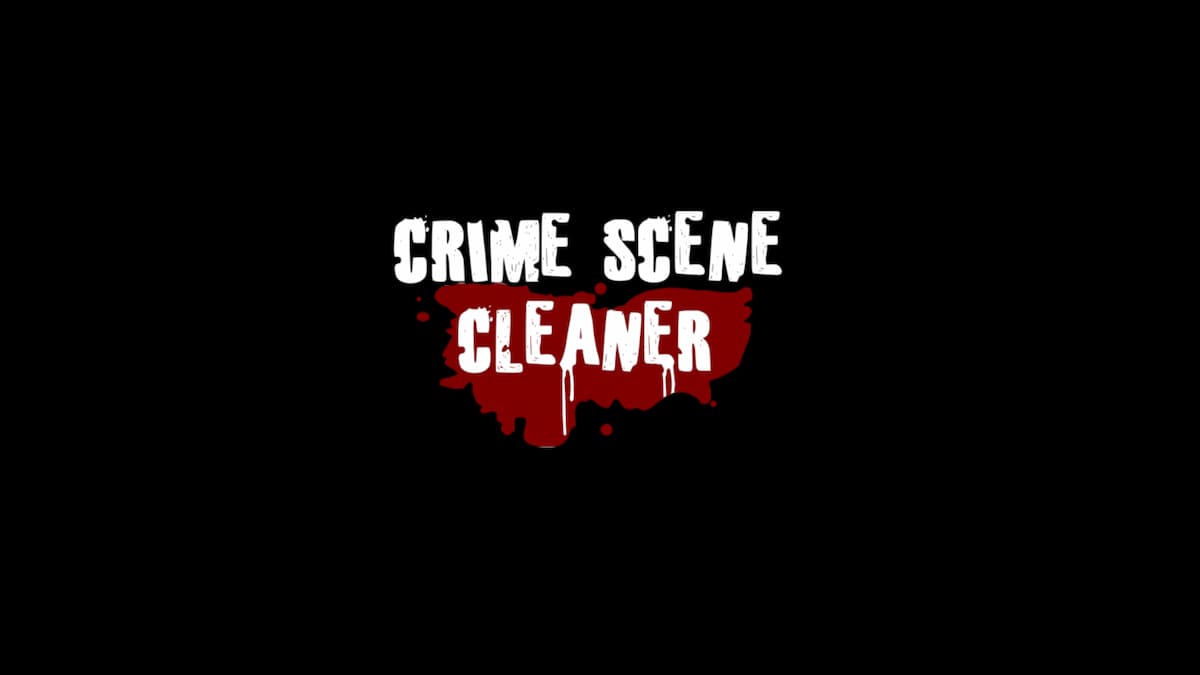I don’t know which did a better job of selling Transistor for me: the stylish launch trailer, or the outstanding soundtrack arranged by composer Darren Korb. Transistor is a game filled to the brim with creative style and it is something that will definitely draw even more attention to the growing indie community.
Set in the gorgeous hand-painted city of Cloudbank, Transistor tells the story of a singer named Red who survives a vicious attempt on her life by these elite citizens who call themselves the Camerata. Her significant other, a nameless male, is struck to death by a giant sword called the Transistor and his consciousness now resides within the sword. With her voice taken away from her, Red wields the Transistor as a weapon and is determined to get answers from her attackers.
Right from the outset, Transistor throws players into the deep end. Aside from a short tutorial in the first few minutes that teaches you how to attack your enemies and stop time, the game does not hold your hand at all and chooses to let players run wild with the mechanics it provides. This makes Transistor a rather difficult game to get into–especially for the casual player looking for a relaxed action RPG experience. However, if you can spare the time to really learn the ins and outs of Transistor’s combat mechanics, you’ll find yourself immersed in a very deep and highly rewarding combat system.
Transistor is a 2D isometric action RPG that puts you in control of Red the singer. Armed with a giant talking sword, you can play the game as a real-time action RPG where you hit the face buttons to unleash attacks onto your foes, known here as The Process. Unfortunately, Red is a rather fragile protagonist who can’t withstand too many consecutive attacks so it might prove to be quite the challenge if you choose to play the entire game as a real-time action RPG. Transistor gives you an alternate way to play the game: by hitting the R2 button, you can freeze time and plan your attacks accordingly.
The blue bar at the top of the screen allows you to set up a whole queue of actions including running around, and offensive attacks. You can take as much time as you want to rewrite your actions until you’re satisfied with what you’ve got planned. When you’re happy with your queue, simply hit the R2 button again to execute your actions. However, freezing time comes with a price; Red has to undergo a cool-down period during which she cannot attack at all. Once the blue bar has charged up again, you’ll be able to attack as per normal.
You’ll also get to map four different abilities, or Functions as they’re called, to the four face buttons. Each time Red’s health is drained, the Transistor will overload and you’ll lose one of your Functions. The game is pretty forgiving in this regard as you won’t get an immediate Game Over once your health reaches zero. Instead, the game just gets a little harder each time you fail but gives you a second chance to turn the tables on your opponents. Your overloaded Functions can be repaired when you reach an access point, which is like a rest station for you to re-equip your Functions and map your passive abilities and upgrades.
Each Function can be used in three different ways. You can map them to your action buttons and use them as attacks or support skills, depending on what your Function is, or you can use them as effect upgrades or as passive attributes. For instance, the Tap() Function siphons life points from your surrounding enemies when you use it as an active skill, but if you put it in an upgrade slot, it will apply a life-stealing effect to your equipped Function. And if you put Tap() in a passive slot, it raises Red’s life points. All your acquired Functions have various different effects depending on how you use them, which provides a lot of freedom in how you wish to customize Red’s character build.
What’s interesting about these Functions is that they seem to come with a slice of consciousness from the various people you encounter in the game. Defeating Sybil, for example, nets you a specific Function that comes with a few details about her character and backstory. Every Function is attached to a particular NPC in the game and you unlock even more of their backstories by utilizing them in the three available ways: as an active skill, upgrade, or passive attribute. It’s an ingenious way of getting players to experiment with their play styles because a lot of Transistor’s story is told through the game’s subtleties and in the records you uncover about these characters.
Functions aren’t the only things you get to play around with in Transistor, though. The game introduces these things called Limiters that will make the game slightly harder in that it strengthens your enemies and limits Red in what she can do in battle. This is primarily for players who might be looking for a higher degree of challenge or for those playing through Transistor again on Recursion Mode, which is the new game plus mode.
With the ability to customize Red’s build and to set a specific difficulty setting for the game, Transistor actively encourages strategic thought and planning whenever you enter a battle with The Process. The game plays like a polished hybrid of an action and strategy RPG and it proves to be highly addictive as soon as you get used to it. I found myself obsessed with leveling Red up so that I could unlock more passive slots and find out even more about the characters I was stumbling upon. This forced me to get accustomed to various play styles that I wouldn’t normally use and the result proved to be a great ton of fun.
Where Transistor falls short is in the lack of exploration in the game. The game is designed such that you can’t backtrack to previous areas unless the story demands it and there isn’t any side content either. Occasionally, you will stumble upon backdoors that lead into a room made to look like a virtual beach. In here, you’ll get to attempt challenges such as speed trials and performance trials where you survive wave after wave of enemies. However, aside from these mini challenges, there isn’t much else to do in Transistor besides forging ahead on the game’s rather linear path. With the game’s graphical beauty, I found myself wishing that the game could have been a fully-fledged RPG that allowed me to explore the entirety of Cloudbank and take in the wondrous sights.
Story-wise, Transistor tells itself through the verbal narration of the consciousness within the blade, voiced by Logan Cunningham. He reacts to your actions and you, as the player, have to glean as much information as you can from what he says and what you find within the terminals scattered around Cloudbank. It’s easy to get lost in this almost disjointed narrative and I can see how this might put off some players who are looking for an engaging story. However, I would say that the game’s poignant ending more than makes up for the slightly messy method of storytelling that Transistor has here. The relationship between the voiceless Red and the sword kept me invested in the journey of revenge; a lot of the game’s touching moments come into play when Red has to type her thoughts out into random terminals she comes across.
For players who want a good, compelling story to get into, Transistor might not be what you’re looking for. It’s very light on the storytelling aspect and it expects players to uncover the plot of the Camerata for themselves. However, this is an RPG with an innovative combat system accompanied by outstanding art direction and a stellar soundtrack. Given that, I’d say that Transistor is definitely worth a shot for anyone looking for a creative or artistic style of game to check out.
With the emergence of Transistor and Child of Light from earlier this year, it’s getting harder and harder to argue that video games are merely there for entertainment and have no artistic value at all. Transistor strikes a fine balance between being an enjoyable video game and a cyberpunk piece of art.
Final Breakdown
[+Addictive strategic combat system] [+Plethora of customization options] [+Beautiful art style and graphics] [+Memorable soundtrack which fits the game’s mood] [+Engaging relationship between Red and the Transistor] [-Storytelling is somewhat disjointed] [-Lack of world exploration] [-Not very accessible for the casual player]


















Updated: Jul 11, 2016 04:34 am